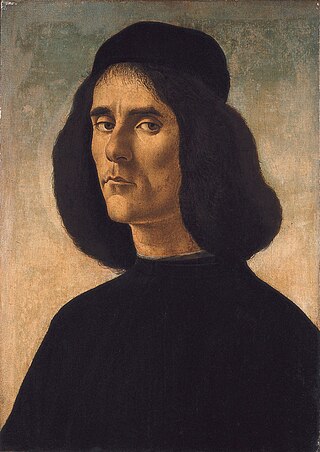Related Research Articles

Amadeus IX, nicknamed the Happy, was the Duke of Savoy from 1465 to 1472. The Catholic Church venerates him with a liturgical feast on March 30.
This article contains information about the literary events and publications of 1535.

Michael Tarchaniota Marullus was a Greek Renaissance scholar, Neo-Latin poet, humanist and soldier.
Nationality words link to articles with information on the nation's poetry or literature.
Nationality words link to articles with information on the nation's poetry or literature.

The migration waves of Byzantine Greek scholars and émigrés in the period following the end of the Byzantine Empire in 1453 is considered by many scholars key to the revival of Greek studies that led to the development of the Renaissance humanism and science. These émigrés brought to Western Europe the relatively well-preserved remnants and accumulated knowledge of their own (Greek) civilization, which had mostly not survived the Early Middle Ages in the West. The Encyclopædia Britannica claims: "Many modern scholars also agree that the exodus of Greeks to Italy as a result of this event marked the end of the Middle Ages and the beginning of the Renaissance", although few scholars date the start of the Italian Renaissance this late.
Nationality words link to articles with information on the nation's poetry or literature.
Nationality words link to articles with information on the nation's poetry or literature.
Nationality words link to articles with information on the nation's poetry or literature.
Nationality words link to articles with information on the nation's poetry or literature.
Nationality words link to articles with information on the nation's poetry or literature.
Nationality words link to articles with information on the nation's poetry or literature.
Nationality words link to articles with information on the nation's poetry or literature.
Nationality words link to articles with information on the nation's poetry or literature.
Nationality words link to articles with information on the nation's poetry or literature.
Nationality words link to articles with information on the nation's poetry or literature.
— François Villon, the "Ballade des Dams du Temps Jadis" in Le Grand Testament, 1461
Nationality words link to articles with information on the nation's poetry or literature.
Nationality words link to articles with information on the nation's poetry or literature.
References
- Allan M. Wilson (editor) (1995), The Erotopaegnion: A Trifling Book of Love of Girolamo Angeriano